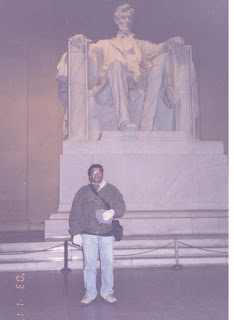Just do a quick "scroll" in this blog and you know that a lot of positive Change has happened in recent times. All this Change was triggered by the current economic and financial crises. And people like Elizabeth Warren and Brian Moynihan leveraged the opportunity to make a positive impact.
How about yourself? If you are a CIO, Software Project Manager, or even an Experienced Business Analyst, you can benefit from a Change initiatve – a move from IT to BT. As far as software practice is concerned, the move to BT demands a few changes to your existing SDLC and to your existing business analyst. However, it does not require any new investments. It is not a company-wide big-bang initiative, but happens one software project at a time. All this means that the project you had planned to kickstart in the next few weeks could be your first BT project!
BT being outcomes-driven, your accomplishment is measurable and easy for your boss to see!
How about yourself? If you are a CIO, Software Project Manager, or even an Experienced Business Analyst, you can benefit from a Change initiatve – a move from IT to BT. As far as software practice is concerned, the move to BT demands a few changes to your existing SDLC and to your existing business analyst. However, it does not require any new investments. It is not a company-wide big-bang initiative, but happens one software project at a time. All this means that the project you had planned to kickstart in the next few weeks could be your first BT project!
BT being outcomes-driven, your accomplishment is measurable and easy for your boss to see!









